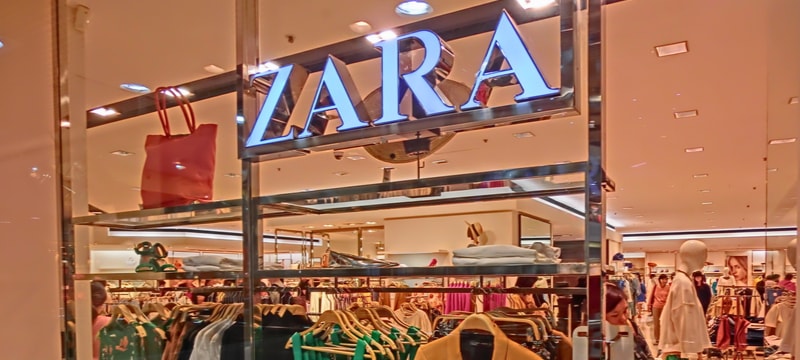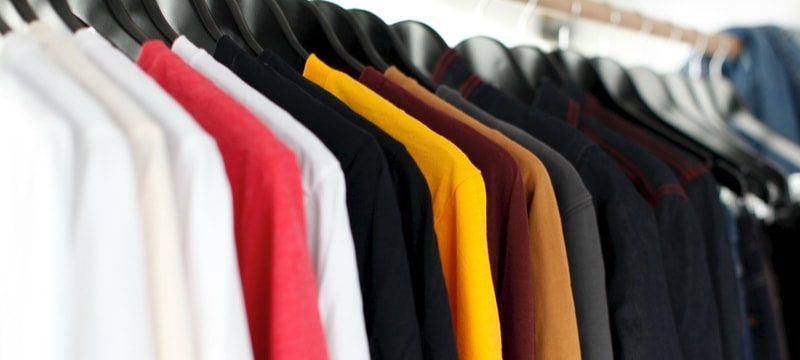
Spanish high street fashion giant Zara has announced that all its collections will be made from 100 percent sustainable fabrics by 2025. The company, which has 10,000 stores worldwide plans the change in approach in order to improve its eco-credentials.
Alongside linen, viscose and non-organic cotton, hemp could well be high on Zara’s list of desired materials, being composed of natural fibre, having no chemical processing required, requiring less water than cotton, fewer pesticides and being biodegradable and machine washable.
All in all using hemp is one of the most sustainable ways of making clothing, as unlike cotton it naturally irrigates and doesn’t need the aforementioned pesticides or other chemicals to grow. It also makes for durable clothing which “wears in not out” – in other words, made to last. Other notable brands to use hemp include poko cbd skincare beauty range, Levis, The Body Shop, Dr Organic and Afends Clothing.
RELATED ARTICLE: UK's best online ‘all hemp' shop
The company also big plans to ensure that around 80% of the energy consumed in Zara’s headquarters, factories and stores will be from renewable sources and aims to make sure its facilities are not sending any waste to landfill. Zara is the main brand of the Inditex group, the world’s largest apparel retailer, which also owns brands such as Massimo Dutti, Pull&Bear, Bershka, Stradivarius, Oysho, Zara Home, and Uterqüe. Pablo Isla, chief executive of Inditex, said, “We need to be a force for change, not only in the company but in the whole sector.”
“We are the ones establishing these targets: the strength and impulse for change is coming from the commercial team, the people who are working with our suppliers, the people working with fabrics. It is something that’s happening inside our company.”
The unveiling of the new targets come at a time when Inditex is increasingly receiving recognition for its sustainability efforts. In September 2018, it was named the most sustainable retailer by the Dow Jones sustainability index for the third consecutive year. This high ranking was compounded by a number of factors, including the company’s clothing take-back scheme, charity work and research into textile recycling.
Zara’s future goals and targets will build on the company’s record in the area so far, which has included the following ever since it signed the United Nations (UN) Global Compact in 2001: a series of five-year strategic environmental plans; aligning itself with the development and use of responsibly and sustainably produced fabrics; transforming its stores and facilities so they’re eco-efficient; recycling packaging and using green alternatives for its packing materials; an in-store recycling donation program; and launching its eco-conscious Join Life collection which, the execs revealed, will account for 20 per cent of Zara’s offerings by the end of 2019.






